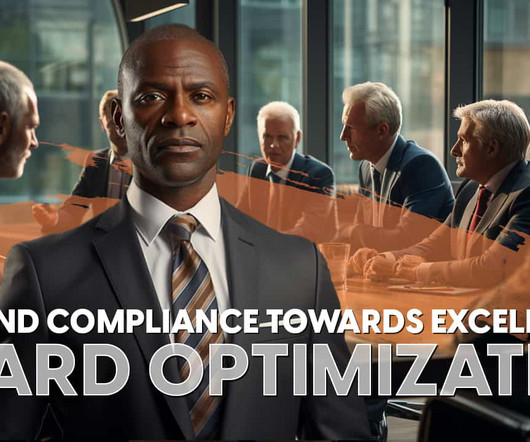Crisis Management in the Digital Age: Lessons for 2024’s Unpredictable Economy
N2Growth Blog
APRIL 19, 2024
There is friction between globalization and regional autonomy, a conflict between the desire for sustainability and the lure of rapid development, ongoing political uncertainties, and the ever-increasing impact of digital technology. Yet, the rapid pace of technological evolution also embodies potent challenges.












Let's personalize your content